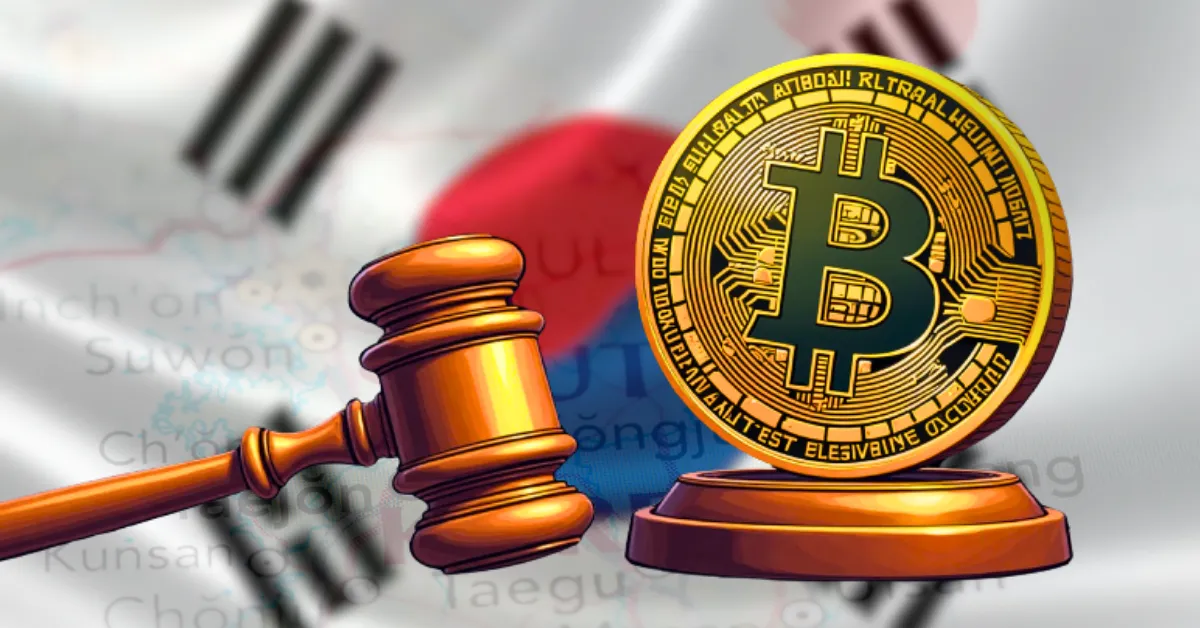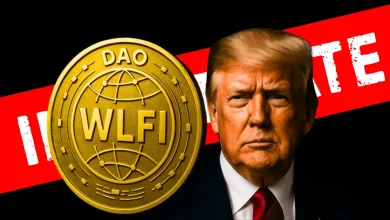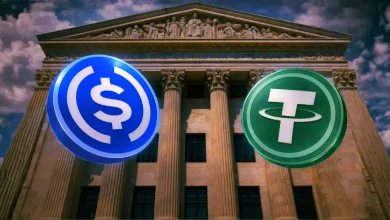
South Korea’s Digital Asset Basic Act proposes strict licensing for stablecoin issuers, signaling a major step toward legalizing won-backed stablecoins.
Kakao-backed Kaia announces a won-pegged stablecoin, aligning with national crypto policy and boosting investor confidence in DeFi.
A game-changing crypto bill has been introduced in South Korea, and it could open the doors to a government-backed stablecoin market, one that favors local innovation and tighter security for users.
Korean Stablecoins May Soon Go Mainstream
The proposed Digital Asset Basic Act, introduced by ruling party lawmaker Min Byeong-deok, lays out a licensing system for stablecoin issuers. To qualify, projects must hold at least 500 million Korean won in capital (around $367,890). While that sounds steep, it could mark the beginning of a regulated and scalable stablecoin ecosystem fully backed by the Korean won, something President Lee Jae-myung has strongly supported.
For crypto users, this means South Korean won-based stablecoins could soon become a legitimate alternative to USDT and USDC, especially for on-chain activity without forex risk or capital flight issues.
Stronger Legal Ground for Crypto Innovation
This bill isn’t just about stablecoins. It proposes a legal definition for all digital assets and introduces a presidentially overseen Digital Asset Committee. That’s a big shift toward a mature and clearly regulated market, a huge plus for developers, DeFi protocols, and exchanges operating in Korea or looking to enter the market.
If passed, the law could also crack down on insider trading, pump-and-dump schemes, and rug pulls, offering users more confidence and transparency.
South Korea Taking Notes from the Best
Min says the bill was inspired by frameworks already in place in the U.S., EU, Japan, and Hong Kong, especially Hong Kong’s licensing requirements for stablecoin issuers. With the U.S. pushing the Genius Act and other nations moving fast, South Korea clearly doesn’t want to be left behind.
Kaia Enters Stablecoin Race as South Korea Bets Big on Crypto
In parallel news, Kakao-backed blockchain Kaia has pledged to launch a Korean won-pegged stablecoin, aligning with President Lee Jae-myung’s crypto-friendly agenda. The announcement comes amid a broader push to support private stablecoin issuers under the upcoming Digital Asset Basic Act.
Kaia’s move carries serious weight, thanks to its deep ties with Kakao’s massive digital ecosystem, including Kakao Pay, which saw a 30% stock surge alongside rival Danal after the news. With over half of the surveyed Koreans planning to grow their crypto holdings, optimism is spreading fast.
As South Korea’s payment giants rally and stablecoin regulation nears, the country is clearly setting the stage for a homegrown DeFi explosion.
Never Miss a Beat in the Crypto World!
Stay ahead with breaking news, expert analysis, and real-time updates on the latest trends in Bitcoin, altcoins, DeFi, NFTs, and more.
FAQs
Yes, cryptocurrency trading and exchanges are legal in South Korea but operate under strict regulatory frameworks, including real-name bank account requirements.
A 22% capital gains tax on crypto profits exceeding 2.5 million Korean won (approx. $1,900) annually is slated to begin in 2025 (delayed from earlier plans).
This proposed bill defines digital assets and establishes a licensing system for stablecoin issuers, aiming for a regulated and secure crypto market in South Korea.
The bill aims to crack down on unfair practices like insider trading, pump-and-dump schemes, and rug pulls, offering users more confidence and transparency.
Trust with CoinPedia:
CoinPedia has been delivering accurate and timely cryptocurrency and blockchain updates since 2017. All content is created by our expert panel of analysts and journalists, following strict Editorial Guidelines based on E-E-A-T (Experience, Expertise, Authoritativeness, Trustworthiness). Every article is fact-checked against reputable sources to ensure accuracy, transparency, and reliability. Our review policy guarantees unbiased evaluations when recommending exchanges, platforms, or tools. We strive to provide timely updates about everything crypto & blockchain, right from startups to industry majors.
Investment Disclaimer:
All opinions and insights shared represent the author's own views on current market conditions. Please do your own research before making investment decisions. Neither the writer nor the publication assumes responsibility for your financial choices.
Sponsored and Advertisements:
Sponsored content and affiliate links may appear on our site. Advertisements are marked clearly, and our editorial content remains entirely independent from our ad partners.






